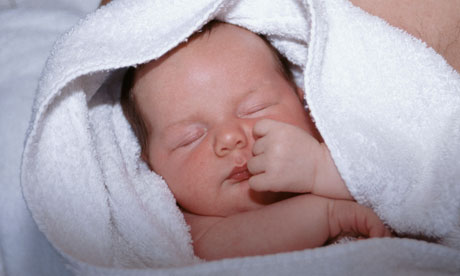
Think back to when you were a teenager. You probably gleaned the facts of life from a giggling friend or a hastily passed around piece of paper, or if you were born after Madonna released Like A Virgin, from the internet. Teenage sex is a minefield at the best of times, but what happens if you don't have a regular network of giggling peers or limited or no access to the internet?
It's a freezing cold night a couple of days after Valentine's Day in Stockport and the Greater Manchester Kids relationship and sexuality group is talking about sex. There are no euphemisms or skirting around the subject here. The kids are getting the facts straight with no embellishments. "Does everyone know what sex is?" asks Tracy Ryan, Kids' senior youth work practitioner and group leader. The range of responses is varied and revealing; "Sometimes gay and lesbian," says one young man, "Boy puts his penis in a vagina?" says another, "Have a baby?" offers one young woman.
Six young people in the group have disabilities. They all have a different understanding or interpretation of what sexual relations are. What they do have in common is that their way of finding out more is restricted. Ryan explains, "Young disabled people are often viewed by society as asexual. This is compounded by the fact that, with reduced opportunity for social interaction, young disabled people often do not learn about relationships and sexuality from their peers as other young people do."
The group, which has a maximum capacity of 15 and is open to anyone from 13 to 25, meets once every three weeks. It has been in existence since November 2011. The charity also runs groups in South Gloucestershire, Bristol and Bath and North East Somerset.
"We don't ask about disability," says Ryan, "we ask what they need."
Young people attend for as long as they need to and, where necessary, one-to-one work is done outside the group. Occasionally, where necessary, outside experts are invited in; a representative from Brook, the young people's sexual health charity, came to talk recently. The young people are sometimes referred by professionals or Ryan is approached by the individuals' parents or carers.
The sessions, it must be made clear, are not just about birds and the bees. Much of the focus is on relationships, especially the young people's relationships with themselves.
A piece of paper is handed around by Clare, the student volunteer-turned paid worker who assists. On it, the group members are asked to describe themselves and their perfect partners. They are also asked to draw a picture of themselves alongside a picture representing their dreams. A common theme among the dreams is "a boyfriend/girlfriend, a wedding, a baby". One young woman already has a boyfriend and she's brought along her Valentine's card to show everyone.
It's really crucial to spend this time on the relationships side of things, says Ryan: "It's about recognising when and how to talk to someone you don't know, how to initiate a conversation with someone you are attracted to and understanding the unspoken rules around social interaction, both within and outside of a relationship."
A lot of work, she says, is done on appropriate touch and consent and, later in the session, she shows a pair of fairly graphic cartoons of two people having sex. In the first picture, both parties are naked and both seem to be having a whale of a time; in the second, both parties are semi-clothed and the female partner has her arm pinned down and is pulling a pained expression. "Is she happy about having sex, do you think?" asks Ryan. "Why would you need to grab someone's arm if you're having sex with them?"
There follows a brief discussion about saying no and ensuring that everyone is happy before doing the deed, as well as a chat about contraception and responsibility. Everything that is discussed in the group stays in the group, and information is only divulged to parents or carers with a young person's permission. Previous coupled group members have approached Ryan for contraception advice as it's a neutral place to discuss what can sometimes be difficult issues to raise with a carer.
Access to the group, says Ryan, doesn't just increase knowledge, "it increases confidence, independence and reduces vulnerability. It means that young disabled people have a safe and secure atmosphere where they feel confident about asking their questions."

